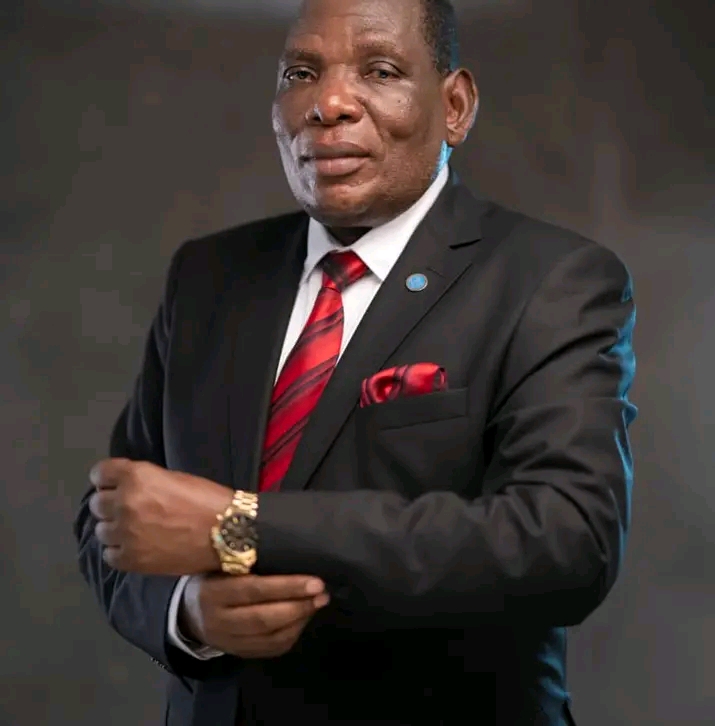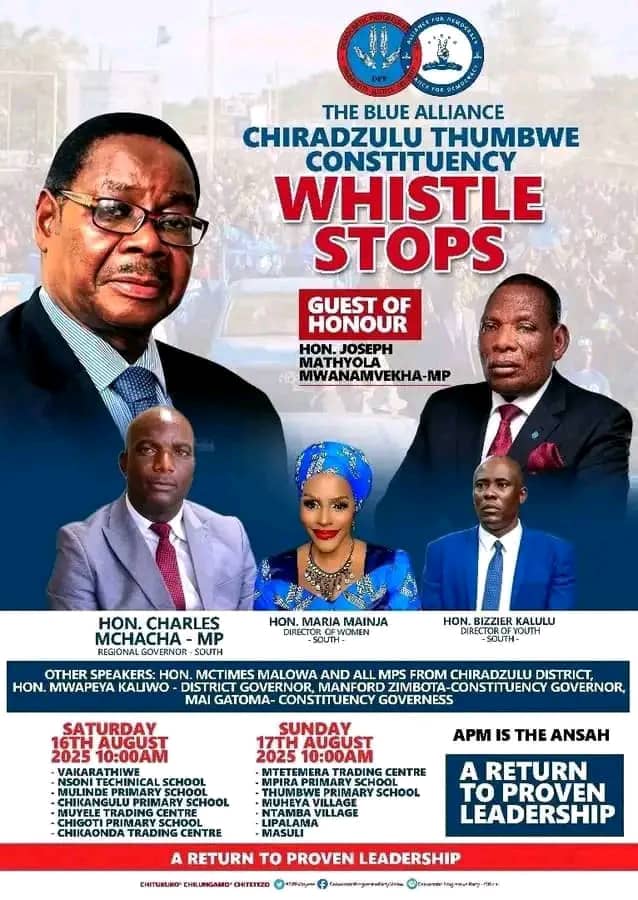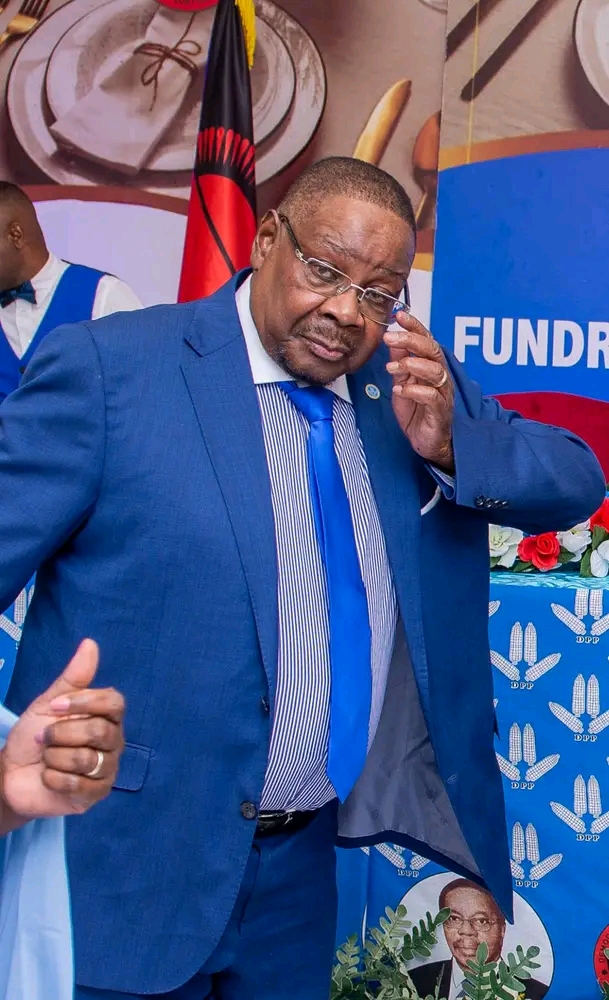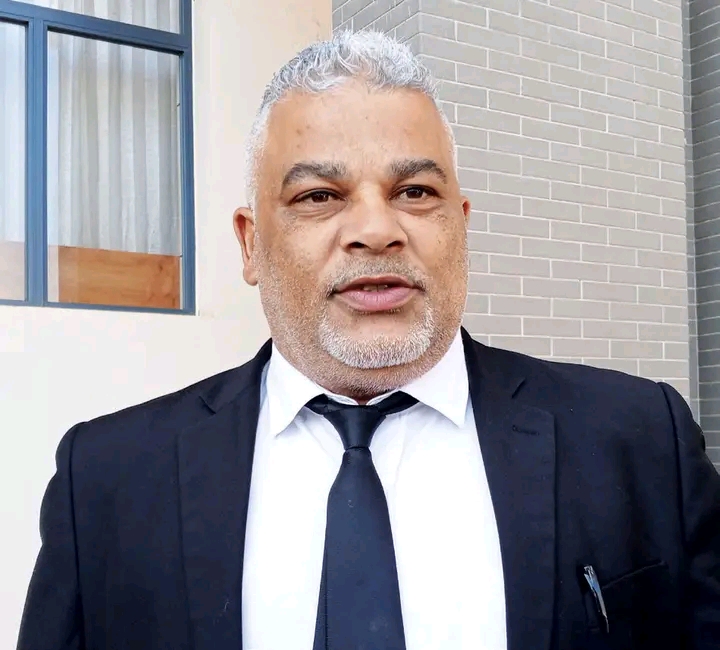
By Twink Jones Gadama
The recent arrests of prominent opposition DPP figures, Joseph Mwanamveka, Sameer Suleiman,Collins Magalasi and others have sparked a significant debate about the implications of such actions on the political climate, particularly as the nation approaches a crucial election period this September. The government’s strategy of cracking down on opposition members raises questions about the effectiveness of repression as a political tool and the potential for unintended consequences that may ultimately undermine the ruling party’s objectives.
At first glance, the government’s actions may appear to be a calculated move to stifle dissent and consolidate power. By targeting high-profile opposition figures, the ruling party aims to instill fear within the ranks of the DPP and deter potential challengers from voicing their dissent. However, history has shown that such tactics often backfire, leading to increased public sympathy for the arrested individuals and heightened support for the opposition. The arrests of Suleiman, Joseph, and others may serve to elevate their status as martyrs in the eyes of the public, transforming them into symbols of resistance against perceived authoritarianism.
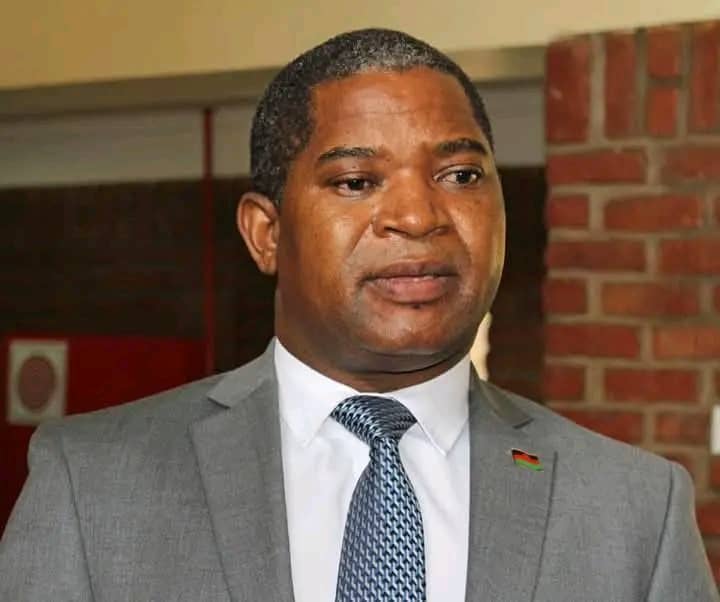
The political landscape in Malawi has been characterized by a history of contentious elections and a struggle for power between the ruling party and opposition factions. The DPP, once a dominant force in Malawian politics, has faced significant challenges in recent years, particularly following the controversial 2019 elections and the subsequent court ruling that annulled the results. The political environment has been further complicated by allegations of corruption, economic mismanagement, and a growing discontent among the populace. In this context, the government’s decision to arrest opposition leaders can be seen as an attempt to regain control and suppress dissenting voices.
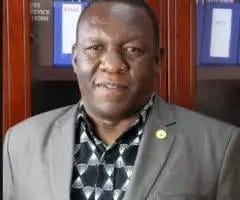
However, the effectiveness of such repression is questionable. The arrests may indeed create an atmosphere of fear, but they also risk galvanizing the opposition and mobilizing public support. The Malawian electorate is increasingly aware of the tactics employed by the ruling party, and many citizens may view the arrests as an affront to democracy and a violation of fundamental rights. In a country where political engagement is deeply rooted in the collective memory of past struggles for freedom, the government’s actions may inadvertently evoke a sense of solidarity among opposition supporters.
Moreover, the timing of these arrests is particularly critical. As the nation approaches elections, the political landscape is already charged with tension. The DPP, despite its challenges, has a loyal base of supporters who may rally around their leaders in response to perceived injustices. The arrests could serve as a rallying cry for the opposition, uniting disparate factions and energizing grassroots movements. In this sense, the government’s strategy may be counterproductive, as it risks transforming the arrested leaders into symbols of resistance rather than silencing them.
Public sympathy for the arrested opposition figures is likely to grow, especially if the government fails to provide compelling justifications for their actions. The narrative surrounding the arrests will be shaped by media coverage, public discourse, and social media, all of which can amplify the voices of dissent. In an age where information spreads rapidly, the government’s attempts to control the narrative may be met with resistance, as citizens share their outrage and support for the arrested leaders online and in their communities.
Furthermore, the international community is closely monitoring the situation in Malawi. The arrests of opposition figures may draw condemnation from foreign governments and human rights organizations, further isolating the ruling party on the global stage. The perception of Malawi as a democracy in decline could have far-reaching consequences, affecting foreign aid, investment, and diplomatic relations. The government’s actions may not only alienate its domestic opponents but also jeopardize its standing in the international arena.
The psychological impact of political repression cannot be underestimated. The arrests may create a chilling effect on political discourse, discouraging individuals from engaging in activism or expressing dissenting opinions. However, this fear can also breed resentment and resistance, as citizens become increasingly aware of the government’s attempts to stifle their voices. The cycle of repression and resistance can lead to a more politically engaged populace, as individuals recognize the importance of standing up for their rights and advocating for democratic principles.
In the long term, the government’s strategy of arresting opposition figures may contribute to a cycle of instability and unrest. As public discontent grows, the potential for protests and civil disobedience increases. The government’s heavy-handed approach may provoke a backlash, leading to widespread demonstrations and calls for accountability. The political landscape could become increasingly polarized, with the ruling party and opposition entrenched in their positions, making it difficult to find common ground or engage in constructive dialogue.
Ultimately, the arrests of Sameer Suleiman, Joseph, and other DPP leaders represent a critical juncture in Malawian politics. The government’s attempts to suppress dissent may yield short-term gains in terms of control, but the long-term consequences could be detrimental to its legitimacy and stability. The political paradox of repression lies in its potential to galvanize opposition, elevate the profiles of arrested leaders, and foster a climate of resistance among the populace.
As Malawi navigates this tumultuous political landscape, the choices made by the government will have lasting implications for the future of democracy in the country. The path forward will require a delicate balance between maintaining order and respecting the rights of citizens to express their views and participate in the democratic process. The government’s actions in the coming weeks and months will be closely scrutinized, and the potential for backlash against repression may ultimately shape the outcome of the upcoming elections.
In conclusion, the arrests of opposition figures in Malawi serve as a serious and crucial reminder of the complexities of political power and the unpredictable nature of public sentiment. While the government may seek to assert control through repression, the potential for unintended consequences looms large. The political landscape is dynamic, and the actions taken today will reverberate through the corridors of power for years to come. As the nation approaches a pivotal moment in its democratic journey, the resilience of its citizens and the strength of its institutions will be tested in ways that could redefine the future of Malawi.

